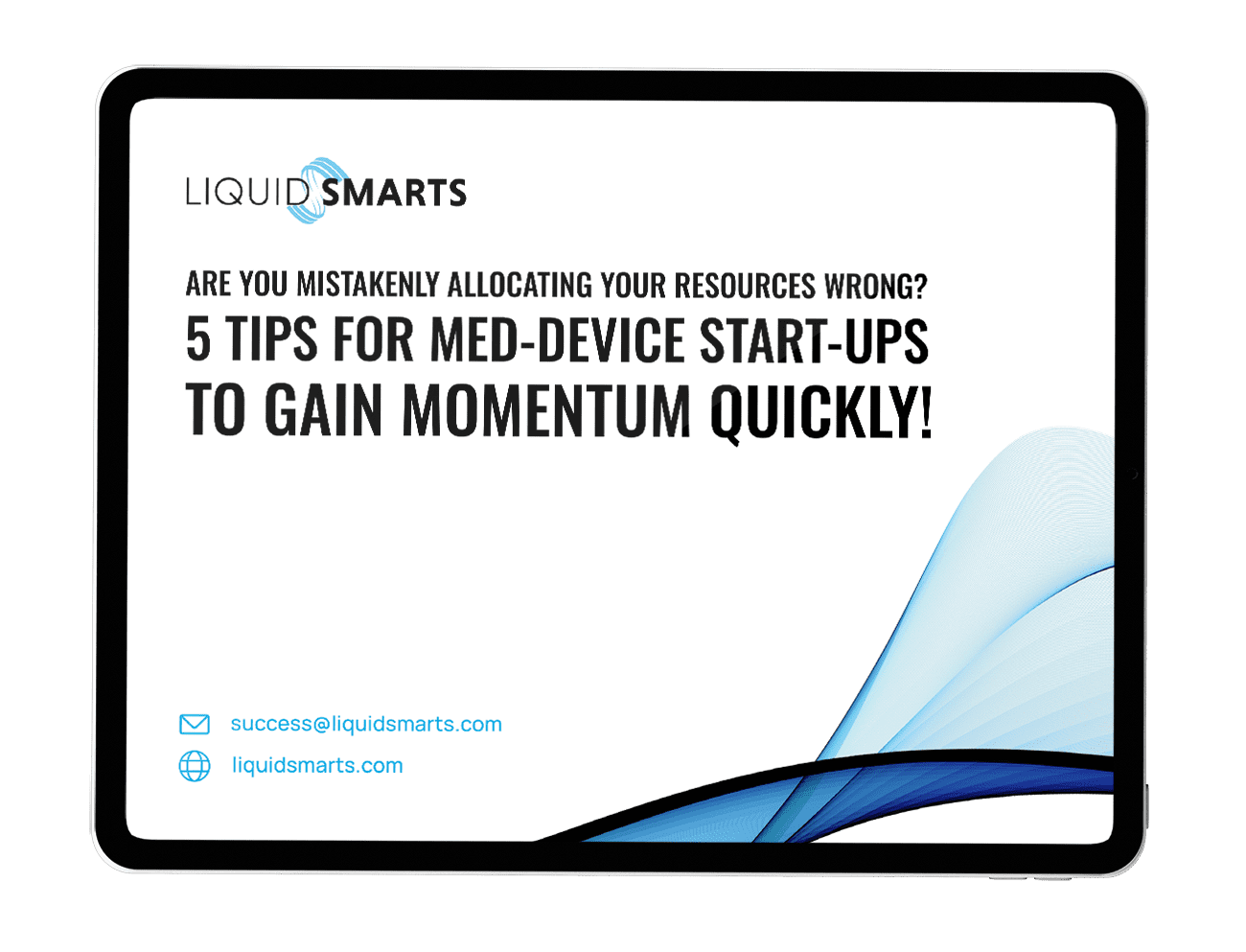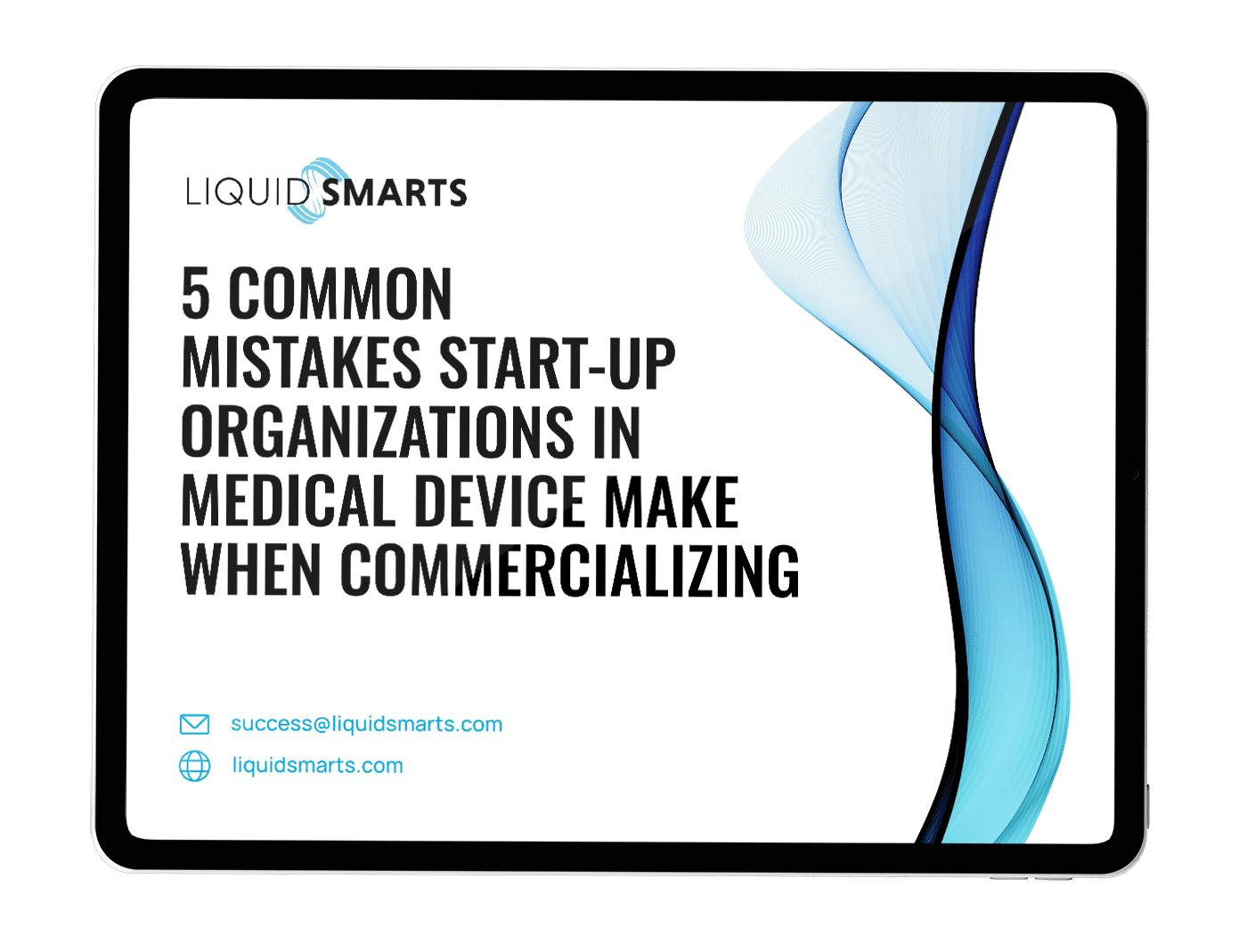Healthcare is in a constant state of evolution. With continuous advancements in technology and treatment methods, there is an ever-present need for innovative metrics and evaluation to ensure effectiveness and efficiency.
This article delves into the intricate world of these metrics, offering a comprehensive understanding of their importance and the roles they play in today’s healthcare industry. In the bustling world of healthcare, innovation plays a pivotal role. It’s the driving force that helps healthcare systems overcome challenges, improve patient care, and ultimately save lives.
But how do we measure the success of these innovations? This comprehensive guide will delve into the world of healthcare innovation metrics and evaluation.
Introduction to Understanding Healthcare Innovation Metrics
“Innovation distinguishes between a leader and a follower.” – Steve Jobs
Healthcare metrics are quantifiable measures that healthcare organizations use to track and assess the quality of services they provide. These metrics are vital for evaluating patient outcomes, operational effectiveness, and financial performance.
“Metrics are the compass that guides healthcare organizations towards their goals.”
The Importance of Understanding Healthcare Innovative Metrics
Healthcare innovation refers to introducing new or significantly improved processes, ideas, or products in the healthcare sector. The goal is to enhance patient care, increase efficiency, and lower costs. Innovation in metrics allows for the evaluation of complex healthcare processes, leading to improved patient care and operational efficiency. It supplies a systematic approach to measure, analyze, and improve healthcare delivery.
The Need for Metrics in Healthcare Innovation
Metrics are critical in evaluating the effectiveness and impact of healthcare innovations. They provide tangible data that can be used to gauge the success or failure of new ideas or processes.
Key Metrics for Healthcare Innovation
There are many metrics in healthcare, each of which serves a specific purpose. Some of the most important ones include:
- Patient Satisfaction
- Clinical Outcomes
- Operational Efficiency
- Financial Performance
However, there are many more, some equally important key metrics often used in the evaluation process are:
- The Patient Satisfaction Score: Patient satisfaction scores (PSS) are a valuable tool for healthcare providers to assess their level of patient satisfaction. It considers factors such as communication, empathy, and quality of care to give an overall score.
- Readmission Rates: Readmission Rates is an important metric used in healthcare to measure the number of patients who return to the hospital within a specific time frame after being discharged.
- Mortality Rates: Mortality rates are often used as a measure of the quality of care provided by hospitals and healthcare facilities.
Implementing Evaluation Techniques: Evaluation of Metrics
The evaluation of metrics is a critical process that determines the effectiveness and efficiency of healthcare delivery. It entails the systematic review of performance data, which is then used to make informed decisions and implement necessary changes. Implementing evaluation techniques is a critical part of measuring healthcare innovation.
The Role of Technology in Metrics and Evaluation
Technological advancements have significantly transformed the way metrics are collected, analyzed, and utilized in healthcare. From electronic health records to artificial intelligence, technology plays a crucial role in facilitating innovative metrics and evaluation.
Challenges in Measuring Metrics and Healthcare Innovation
Despite their importance, implementing and managing metrics in healthcare can be challenging. Some of these challenges include:
- Data Collection and Analysis
- Data Privacy and Security
- Resource Allocation
When it comes to metrics, there are several obstacles that can make measuring innovation challenging.
Overcoming Measurement Challenges
To overcome these challenges, healthcare facilities can implement standardized metrics, invest in data collection tools, and foster a culture that embraces change.
The Future of Healthcare Innovation Metrics
The advent of advanced technologies like Artificial Intelligence (AI) and Machine Learning (ML) will undoubtedly shape the future of healthcare innovation metrics. As the healthcare industry continues to evolve, so will the metrics used to evaluate its performance.
Conclusion
Innovative metrics and evaluation are essential for healthcare organizations in today’s dynamic and competitive environment. They provide a roadmap for continuous improvement, leading to better patient care and organizational efficiency. In conclusion, metrics are crucial in evaluating healthcare innovation. They provide tangible evidence of the success or failure of new ideas, and help healthcare facilities make informed decisions about the implementation of innovative solutions.
Note: This article is for informational purposes only and is not intended as medical advice.
“Innovation in metrics is not an option but a necessity in today’s healthcare industry.”







